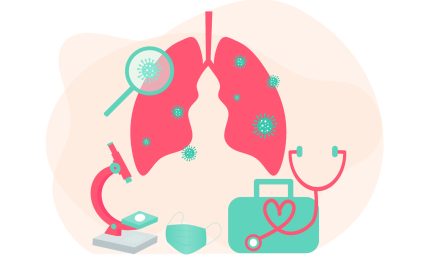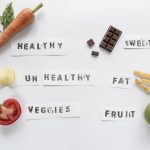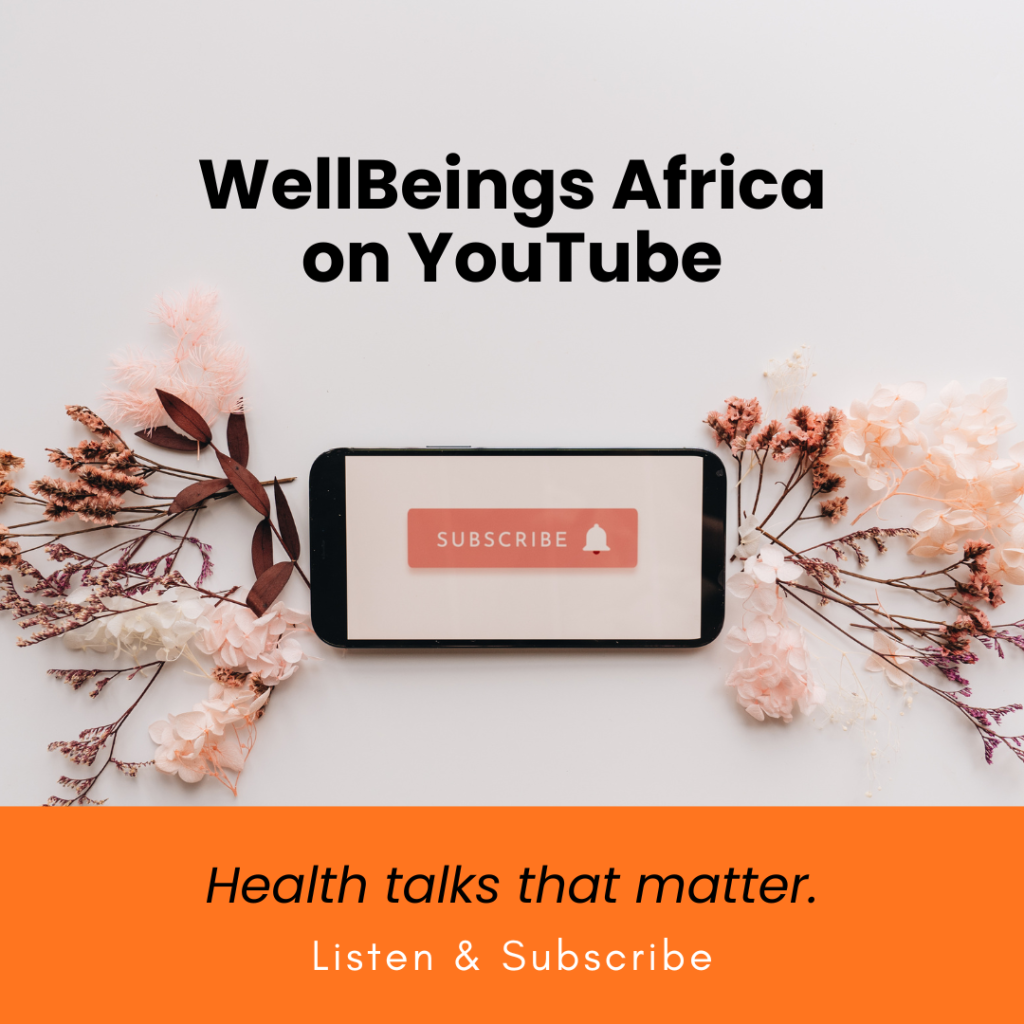Let’s learn more about making healthier food choices to lower cancer risk
If there’s one thing that most people bond over, it’s food. From jollof rice to the humble bunny chow, many cultures are often known by its foods. But, as much as we may love our staples, what role do these foods play in our health and wellbeing?
The hidden dangers in everyday meals
What you eat every day can impact your long-term health, including your risk of cancer. As we get busier and juggle the pressures of daily life, it’s become common to rely on processed foods, convenience meals, and fast foods. Unfortunately, most of these foods are filled with additives and more calories than we need.
One of the culprits that’s linked to cancer risk is processed meat. Processed meat includes food like sausages, hot dogs, bacon, cold meats and canned meats. Basically anything that’s been changed in some way to make it last longer. Processed meat is preserved for longer-term use by adding salt and other additives. These foods may be quick and convenient, but can severely impact our health.
From the World Health Organization, “There is convincing evidence that the agent causes cancer. The evaluation is usually based on epidemiological studies showing the development of cancer in exposed humans. In the case of processed meat, this classification is based on sufficient evidence from epidemiological studies that eating processed meat causes colorectal cancer.”
Then, there’s also high-temperature cooking methods like grilling, frying, or charring (especially during braais). However, these methods can create harmful compounds called HCAs and PAHs. These can damage our cells over time and increase our cancer risk.
Beware of plastic
What about how you consume your food? It’s not just the processed meats we have to worry about; did you know that eating hot foods out of plastic or Styrofoam containers can be risky? When exposed to heat, these materials release chemicals that may seep into the food. This is particularly concerning because these chemicals can disrupt our hormones and potentially increase cancer risk. Switching to glass, stainless steel, or ceramic containers is a small step that makes a big difference.

Help at hand
Start by taking a good look at your diet and consider how you can make small changes that will lower your risk for cancer and other chronic health conditions.
Eat the rainbow
Focus on fresh, bright and diverse. We have such a rich assortment of vegetables and fruit in Africa, so take the time to enjoy them! Spinach, mangoes, tomatoes, carrots, moringa… the list goes on, and most are packed with impactful antioxidants that help repair damaged cells. Some studies have shown that diets which are full of fruit, vegetables and legumes can be instrumental in lowering your risk for cancer.
Speaking of African superfoods, add these to your meals to strengthen your immune system.
- Baobab fruit: High in Vitamin C and antioxidants.
- Moringa leaves: Packed with nutrients and anti-inflammatory properties.
- Sweet potatoes: Rich in beta-carotene, which helps protect cells.
- Groundnuts (peanuts): A great source of healthy fats and protein.
Smart cooking
Rather than frying your food, try boiling, steaming, or baking. For example, steaming fish in banana leaves locks in flavour and prevents the formation of harmful compounds.
Choose wholegrains over refined carbs
As far as possible, swap white bread and rice for wholegrains like millet, sorghum, or brown rice. These are high in fibre, which helps to improve digestion and reduces the risk of colorectal cancer.
Think small, sustainable changes
You don’t need to change your diet overnight. Start small, like replacing a sugary snack with fresh fruit or using healthier cooking oils like palm oil (in moderation) or avocado oil. The goal is progress. Cutting down on sugary drinks from every day to one day a week, for instance, can make a world of difference. Remember, our ancestors thrived on whole, unprocessed foods like millet, yams, and leafy greens. Returning to some of these traditional foods can be a powerful way to improve health while celebrating our heritage.
The food we eat is more than just fuel; it’s a building block for our health and wellbeing. Making healthy choices now (and consistently) can help us to live healthier, longer lives. So, let’s embrace our rich food traditions while being mindful of how we adapt them to modern living.
A man who uses medicine must first heal his head. – Ghanaian Proverb
Images: Freepik





















